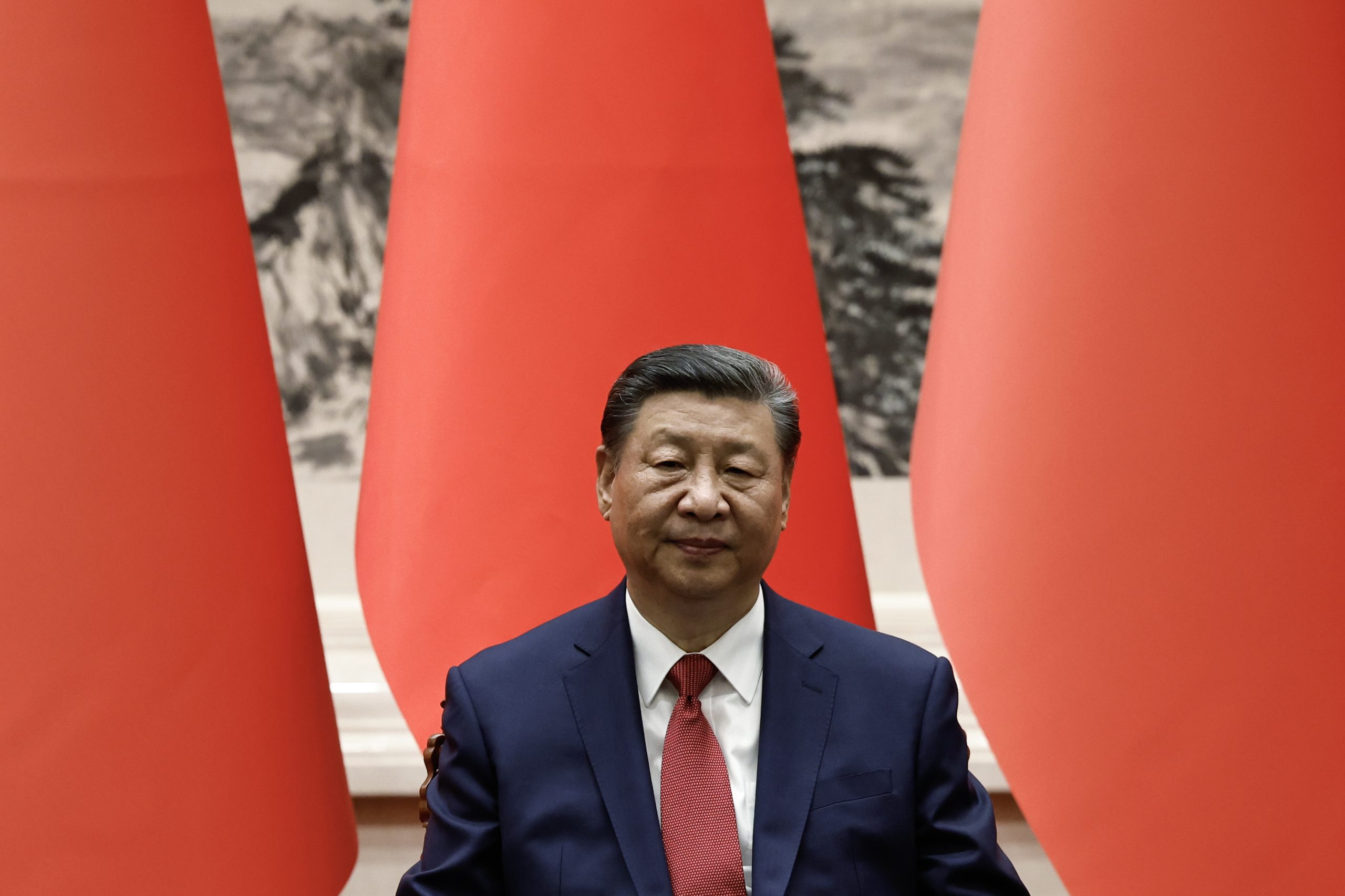Russia’s deepening defense ties with North Korea are likely a source of anxiety in the halls of power in China, some analysts say.
“Beijing does not want the relationship between Moscow and Pyongyang to get too close, and the possible Russian supply of arms to North Korea will likely raise some eyebrows in China,” Edward Howell, an Oxford University lecturer and a Korea Foundation fellow at Chatham House, a think tank in London, told Newsweek.
During Russian President Vladimir Putin‘s visit to Pyongyang last week, his first in 24 years, he and North Korean leader Kim Jong Un inked a Treaty on Comprehensive Strategic Partnership in which the two pledged military assistance in the event the other is attacked.
The move drew condemnation from the U.S., Japan and South Korea—which, in a joint statement, called the defense pact a “grave concern to anyone with an interest in maintaining peace and stability on the Korean Peninsula.”
Putin’s visit has raised questions about how the Moscow-Pyongyang relationship is viewed in China, long considered North Korea’s only true ally and with which it has had a mutual defense treaty since 1961.
Tingshu Wang/Getty Images
Howell believes China will take a cautious approach.
“On the one hand, it wishes to continue to fray the U.S. alliances with Japan and South Korea, and weaken any strengthening bilateral and trilateral cooperation, which is likely to bolster as a result of Moscow’s stronger ties with Pyongyang,” he said.
“On the other hand, however, China will want to ensure that Russia’s relations with North Korea do not go too far,” Howell said, adding that China would not “want to be excluded from any drastic foreign policy decisions that North Korea makes.”
He said China has a stake in Korean Peninsula stability and may harbor concerns that an increase in Russian military technology could further inflame North-South tensions, already at their highest in decades. Howell said a scenario in which millions of North Korean war refugees flee across the Chinese border “is Beijing’s worst nightmare.”
Washington and Seoul suspect Russia is providing technology and expertise that could improve North Korea’s U.N.-sanctioned ballistic missile and nuclear weapons programs, in exchange for the thousands of shipping containers’ worth of munitions North Korea is believed to have sent Russia for use in Putin’s invasion of Ukraine.
Sari Arho Havrén, an associate fellow at the Royal United Services Institute think tank in London, takes a different view from Howell.
“I have been a little surprised by the commentaries on how deepening ties between Russia and North Korea would have irked or worried Beijing,” she told Newsweek.
Arho Havrén said Putin likely obtained Xi’s blessing for his state trip to North Korea while he was in China last month.
“While North Korea can be unpredictable, this move by Putin and Kim also benefits Beijing: Xi does not want to see Russia defeated in Ukraine, and Xi can also maintain the appearance of limiting direct military support for Russia himself,” she said.
The U.S. and European Union have criticized China over Chinese companies’ exports to Russia of dual-use technologies and components, such as drone parts, that support Russia’s military-industrial base.
The Biden administration has already sanctioned a number of firms in China and Hong Kong believed to have facilitated this trade, prompting major Chinese banks to stop processing yuan-denominated transactions with Russia.
Liu Pengyu, a spokesperson for the Chinese Embassy in the U.S., told Newsweek he was unaware of the details of the Treaty on Comprehensive Strategic Partnership between Russia and the Democratic People’s Republic of Korea—North Korea’s official name—or North Korean arms shipments to Russia.
He added, “But as two sovereign states, Russia and the DPRK have the right to conduct normal exchanges and cooperation.”
Uncommon Knowledge
Newsweek is committed to challenging conventional wisdom and finding connections in the search for common ground.
Newsweek is committed to challenging conventional wisdom and finding connections in the search for common ground.
